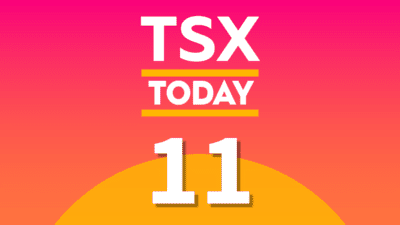Recently, Justin Trudeau’s government implemented a two-year ban on foreign homebuyers in a bid to tame the housing market. The ban applies to foreign investors that do not reside in the homes they invest in.
For many years, foreign buyers were thought to have been a major factor in driving house prices higher — particularly in Vancouver. The idea was that wealthy buyers with a need to park money in a stable country would invest in Canadian condos just to speculate on the price without living in or even renting the property. The phenomenon caused a significant public outcry but may not have been the biggest factor driving the gains observed in Canadian housing.
Foreign buyers not the biggest factor in market
The perception that foreign millionaires are driving up Canadian house prices is common, but it may not be entirely accurate. According to research by Carleton University research fellow Steven Pomeroy, foreign buyers make up less than 3% of total buyers of Canadian homes. That’s not nothing, but it is not the biggest factor in the market.
It’s possible that that 3% is buying up an outsized share of total housing, but another study by UBCM suggests that the shortage of housing on the market is mainly coming from Canadians. The study showed that housing construction in BC is exceeding population growth, and that Canadians mortgaging their primary residences to buy up rental properties are driving the price gains.
Higher interest rates might work
If a ban on foreign home buyers doesn’t cool the housing market, another factor just might: higher interest rates.
The Bank of Canada is in the process of hiking interest rates this year, and isn’t finished with the increases. When central banks hike interest rates, banks typically hike mortgage rates even more. We’re already seeing this phenomenon in action. In the depths of the COVID-19 recession, mortgage rates went as low as 2%. Today, Canadian Imperial Bank of Commerce (TSX:CM)(NYSE:CM) is offering five-year fixed mortgages as high as 4.79%! Higher interest rates are already showing up in the mortgage market, and that could take house prices lower.
Effect on banks
Speaking of banks, they remain key players to watch in the ongoing housing market drama. Banks like CIBC make a lot of their money by issuing mortgages, and many of them are heavily exposed to the Canadian housing market. CIBC is especially exposed to Canadian housing, as it has a much smaller foreign presence than its Big Six banking peers.
When mortgage rates rise, a bank like CIBC collects more interest income. On the flip side, if higher rates cool the market, then such a bank will issue fewer loans in total. There have even been cases in history when short-term interest went higher than long-term interest rates, and lenders simply stopped issuing mortgages altogether.
For example, consider the U.S. Savings and Loan Crisis of the 1990s. During that crisis, short-term interest rates went so high that many smaller banks couldn’t earn profits on long-term loans. Many went out of business. This shows that it is not only long-term interest rates, but also the slope of the yield curve, that influences the housing market.







